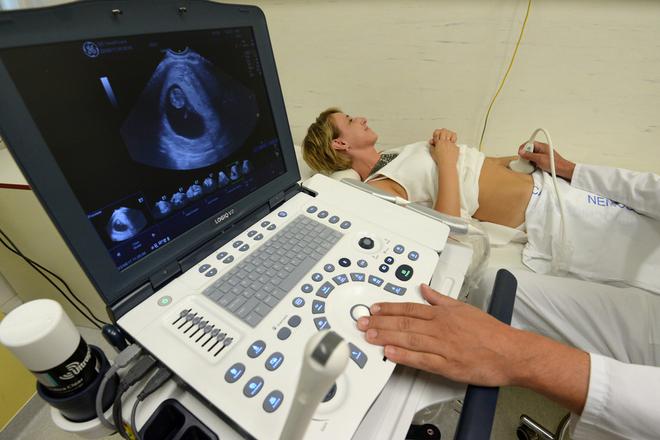Shortly after the end of events to commemorate the 30th anniversary of the Velvet Revolution, with many politicians referring to the celebrations of freedom, the parliament will try again to restrict the fundamental human rights and freedoms of women.
The parliamentary constitutional and legal affairs committee recommended the parliament on November 19 to approve the amendment drafted by the Slovak National Party (SNS), which aims to limit abortions, as three non-governmental organisations Aspekt (Aspect), Možnosť Voľby (the Possibility of Choice) and Povstanie Pokračuje (the Uprising Continues) wrote in a press release.
“The public and non-governmental organisations in Slovakia and abroad, as well as the European parliament, have been opposing the repeated efforts to limit human dignity and sexual and reproduction rights of women,” the press release reads.
Thus, the organisations organise protests under the motto “We won’t be quiet!” on November 21. They will be held in Bratislava, starting at 17:30 in Freedom Square, and Liptovský Mikuláš, starting at 17:00 in Námestie Osloboditeľov Square.
“The march will pick up the thread of the Black Protest initiated by women in Poland and spread to other countries,” the organisers of the Bratislava protest wrote on Facebook. “Efforts to restrict women’s rights do not know borders – the legal or state ones.”

They called on participants to dress in black to show that “our solidarity has no borders either”.
Abortions have become widely discussed in Slovak society in the past few months, with several proposals to limit them being discussed in the parliament. Meanwhile, the recent murder of a young English teacher in Bratislava has raised discussions about the Istanbul Convention and gender violence.
Warnings against dangerous proposals
The protests are aimed particularly at the SNS-drafted proposal currently under discussion in the parliament. The party suggested three ways of preventing women from getting an abortion: the ban on abortion adverts, the obligation to show the pregnant woman a picture of her foetus and to play her the sound of an unborn child’s beating heart.
The last requirement is expected to be left out of the amendment during the parliamentary discussion, the TASR newswire reported.



 Illustrative stock photo (source: TASR)
Illustrative stock photo (source: TASR)